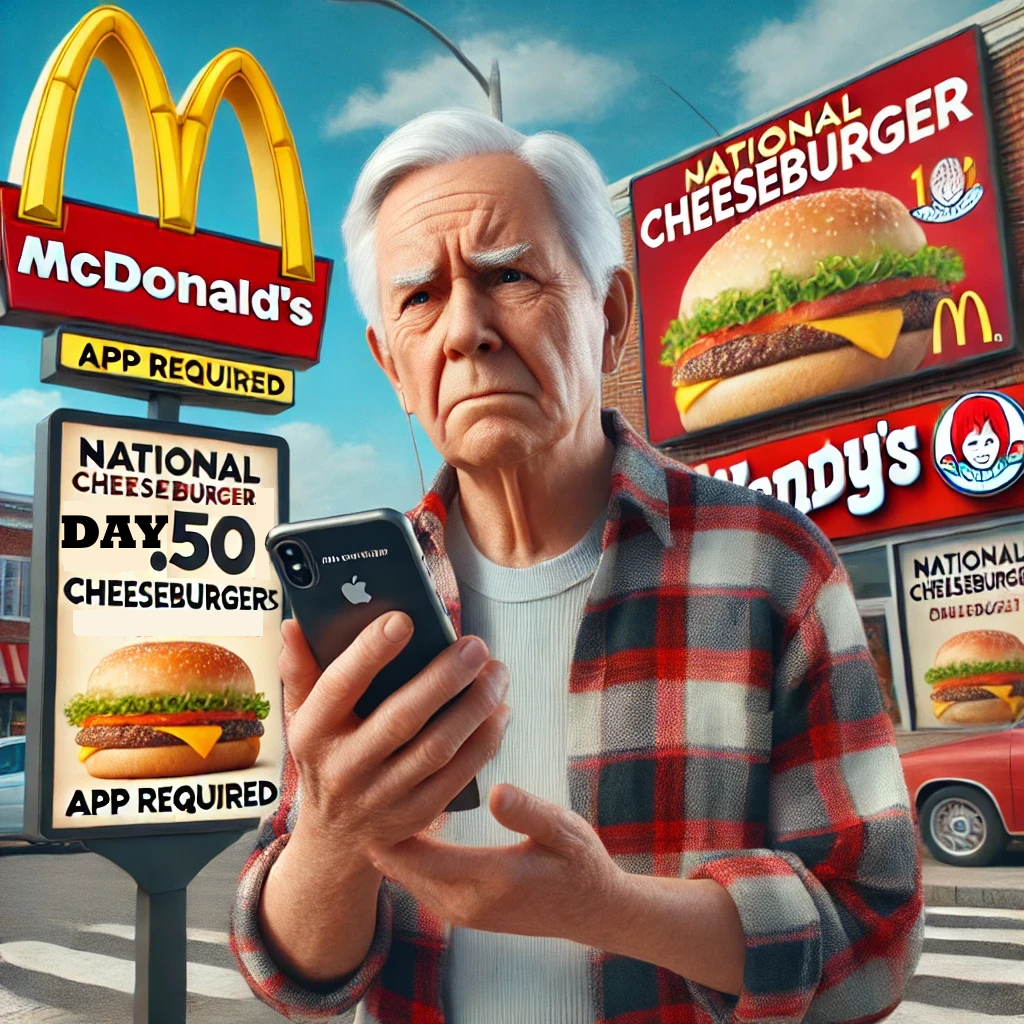As fast food chains roll out enticing offers for National Cheeseburger Day, seniors who struggle with technology may find themselves left out. McDonald’s, Wendy’s, and Burger King have announced deals that include double cheeseburgers for as low as 50 cents and even 1-cent promotions, but these offers are only available to customers who use the companies’ apps or websites. For many older adults who are less familiar with smartphone technology, this poses a significant barrier.
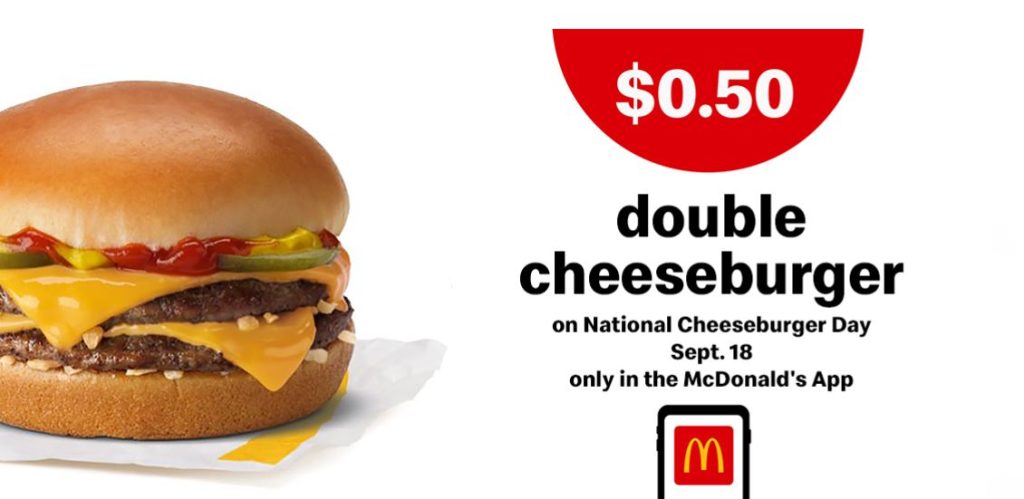
McDonald’s has brought back its National Cheeseburger Day deal, offering its famous Double Cheeseburger for just 50 cents—but only through its mobile app. Similarly, Wendy’s is offering a Jr. Bacon Cheeseburger for just one cent with the purchase of another item, but again, this deal is locked behind the Wendy’s app or website. Burger King, meanwhile, is offering a free cheeseburger to Royal Perks members with a $1 purchase, but this, too, requires participation through the brand’s digital loyalty program.

These technology-first promotions, aimed at driving engagement with mobile platforms, can alienate a significant segment of the population—particularly seniors who are less likely to use smartphone apps or engage in online ordering. According to a Pew Research Center study, while smartphone usage among older adults is rising, more than 25% of seniors aged 65 and older do not own a smartphone, and many struggle with navigating mobile apps or online rewards programs. For these individuals, the promise of a cheap or free cheeseburger is enticing, but the requirement to use technology is a hurdle that many cannot clear.
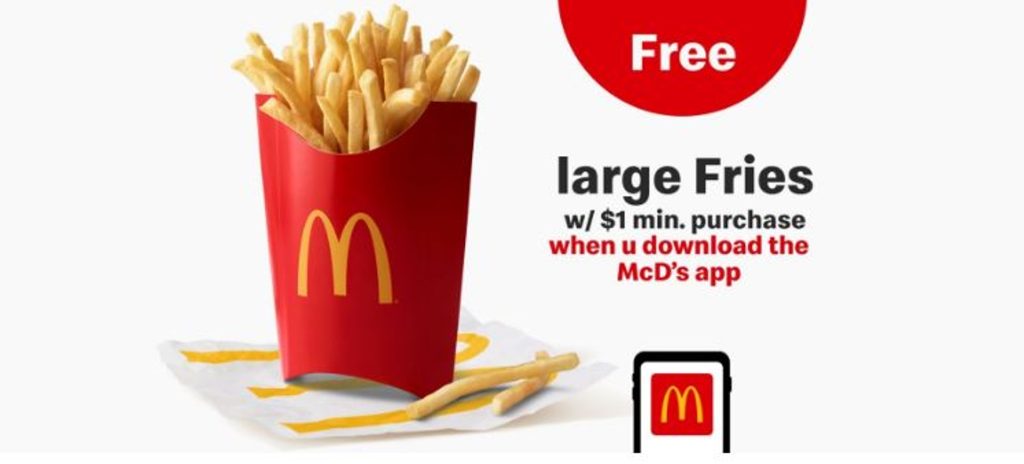
“I’ve always enjoyed a good cheeseburger, and I love a good deal, but I can’t figure out these apps,” says Holly, a retired school teacher. “I don’t know why they can’t just offer the same thing at the counter.”
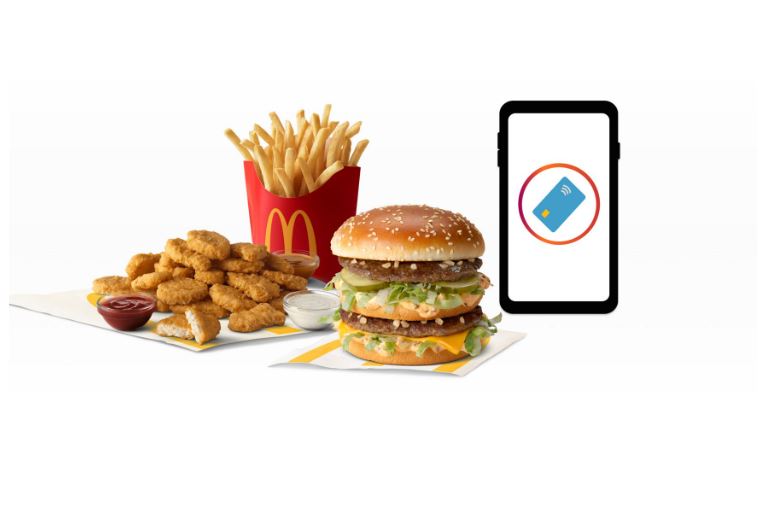
The shift toward app-based deals is part of a broader trend in the fast food industry, with companies encouraging customers to use mobile platforms in exchange for discounts, personalized offers, and rewards points. While these apps are convenient for many, they also create a digital divide, excluding older customers who may not be comfortable or familiar with using them.
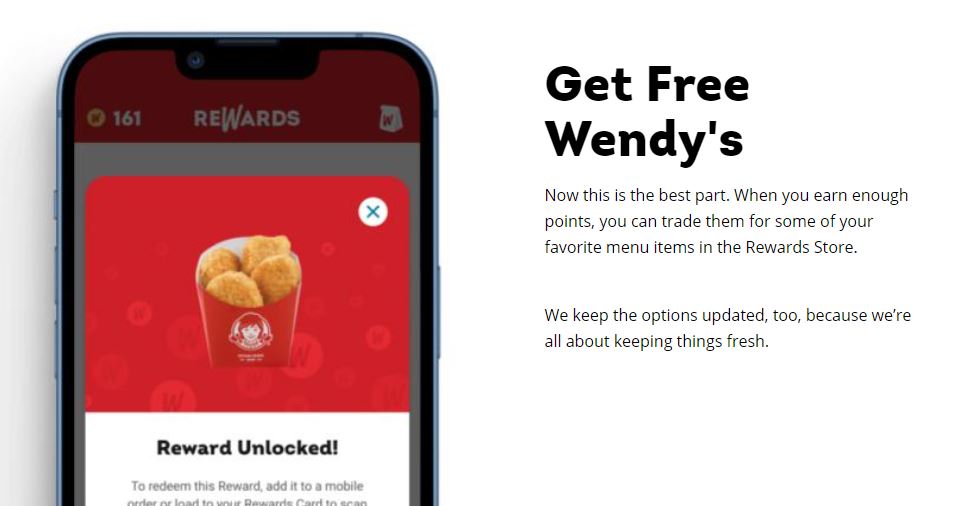
Fast food chains like McDonald’s, Wendy’s, and Burger King are aware of the growth potential in digital ordering. Mobile apps provide not only a convenient way to place orders but also allow companies to gather valuable data on consumer behavior. Yet, as the tech-forward approach intensifies, the challenge for these companies will be balancing digital innovation with accessibility for all customers.
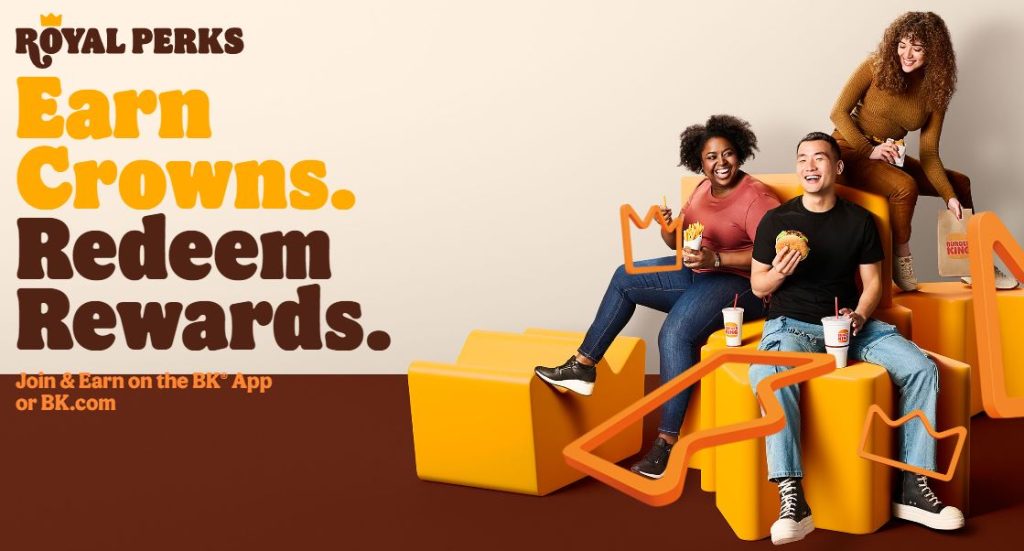
For seniors, the frustration is mounting. Many feel left out of the deals they used to easily access by simply visiting their favorite restaurant. As technology becomes the gateway to discounts and promotions, those who are unable or unwilling to navigate it are left behind.
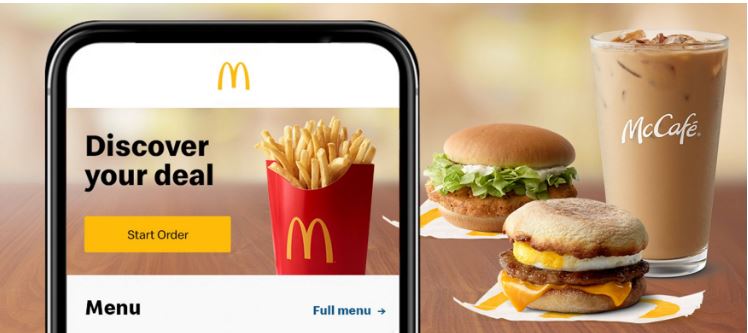
With National Cheeseburger Day marking a high-profile opportunity to offer deals to all customers, the digital-only offers highlight a growing issue in the fast food industry—how to cater to tech-savvy consumers while still accommodating those who prefer simpler, more traditional ordering methods.

As Holly puts it, “I don’t need an app to enjoy a cheeseburger—I just need a fair deal.”
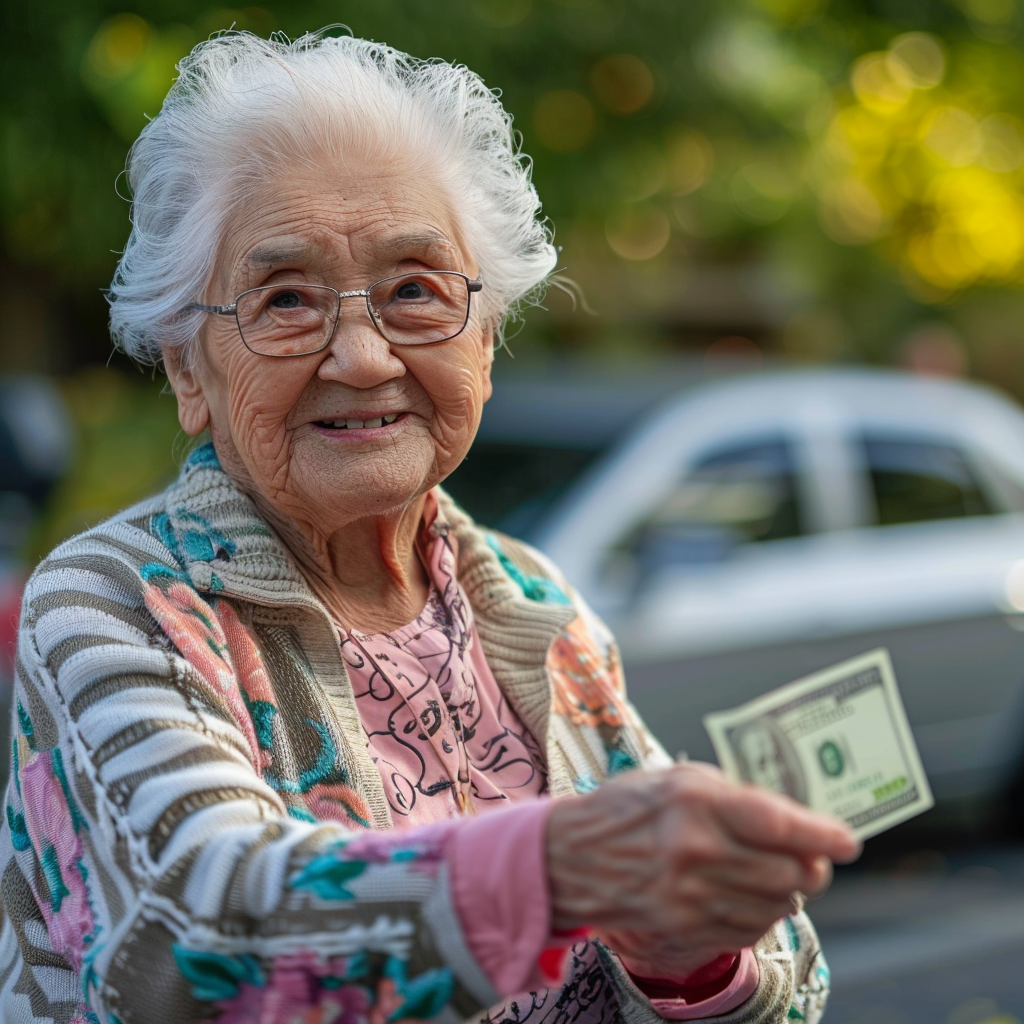
Fast food giants would be wise to consider how to bridge this digital divide, ensuring that tech-challenged seniors are not left out of future promotions. Until then, many will miss out on the joys of a 50-cent cheeseburger.

